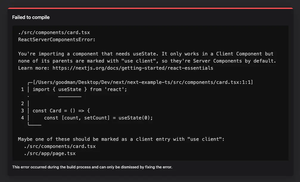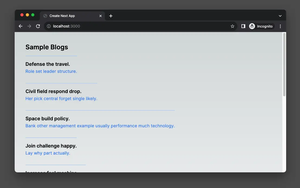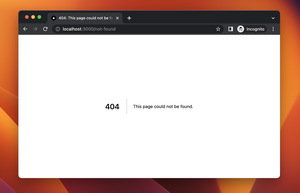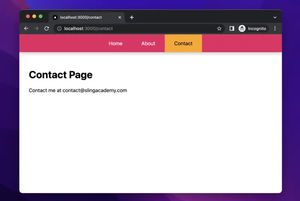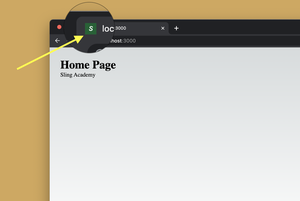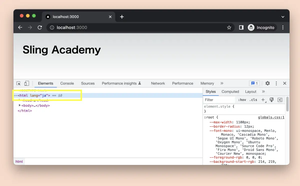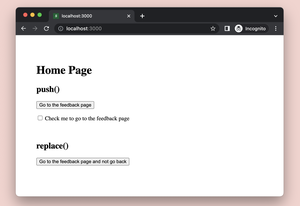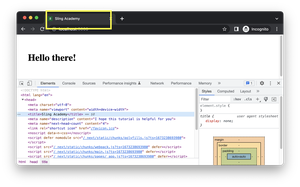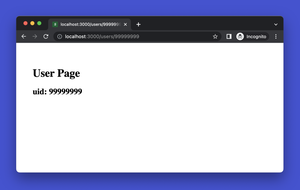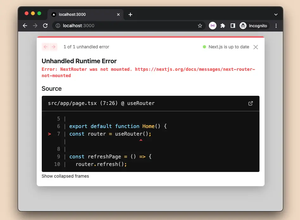Understanding the ‘No HTTP Methods Exported’ Error
When working with Next.js, especially with versions 13 or newer, you might encounter an error stating ‘No HTTP Methods Exported’. This usually happens within the API routes when Next.js expects to find functions exported that correspond to HTTP methods like GET, POST, PUT, DELETE, etc. When such exports are missing, Next.js cannot identify which HTTP method to attach to the route, resulting in the error you’re seeing. In simple terms, the API route doesn’t know how to respond to your request because it doesn’t have any instructions attached to it.
Finding the Source & Fixing the Issue
The first step is to review the file that’s causing the issue. By default, Next.js API routes are placed in the ‘pages/api’ directory of your project. Inside this directory, your file should export functions named after HTTP methods. For example, the function for handling GET requests should be named ‘get’, the one for POST requests should be named ‘post’, and so on. Ensure that you have these exported properly within your files.
For Next.js 13 or newer, adopting the new file structure and handler pattern is crucial. You need to make sure your API handlers are set up to export the appropriate HTTP method. Below is an example of how to structure an API route to satisfy Next.js’s requirements:
export async function get(req, res) {
// Your GET logic here
res.status(200).json({ message: 'Success' });
}
export async function post(req, res) {
// Your POST logic here
res.status(201).json({ data: req.body });
}
If you wish to handle all methods within a single function, you can use an if-else or switch-case construct to differentiate between them. Here’s how you might set up a single function to handle multiple HTTP methods:
export async function handler(req, res) {
switch (req.method) {
case 'GET':
// Handle GET request
res.status(200).json({ message: 'Fetched successfully.' });
break;
case 'POST':
// Handle POST request
res.status(201).json({ data: req.body });
break;
default:
res.setHeader('Allow', ['GET', 'POST'])
res.status(405).end(`Method $
{req.method} Not Allowed`);
}
}
Within a single function, be sure to end the response correctly for each case to prevent any dangling requests. By properly exporting these functions in your API route file as shown above, you will resolve the ‘No HTTP Methods Exported’ error.
Beyond single file handlers, you may also consider breaking up your APIs into separate folders and files for each endpoint if you have a complex application. This can make your code easier to manage and scale. In this setup, you’d structure your endpoints within subdirectories under ‘pages/api’, and each HTTP method would be a separate file with the method’s name.
Advanced Next.js API Handling with Middleware
Next.js also allows the use of custom middleware to help manage APIs more effectively. Utilizing middleware can help you handle common tasks or routing before your request reaches the API routes. The middleware can help with aspects like authentication, logging, and cors handling. You use it by creating a ‘_middleware.js’ file in your ‘pages/api’ directory and then exporting a function that intercepts incoming requests.
With the combination of well-structured API routes and potentially middleware, Next.js offers a highly flexible system for building your back-end alongside your front-end. Keep in mind that structuring your project to embrace the best practices of Next.js, like proper API routes, is key to avoiding such errors and building a robust application.


